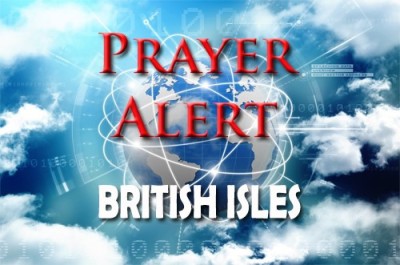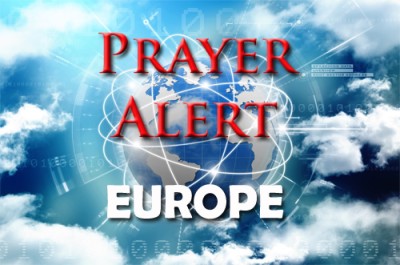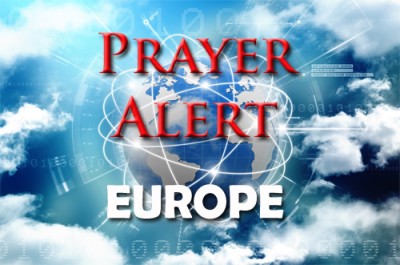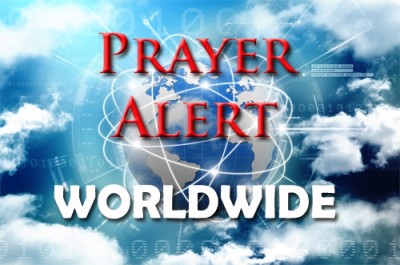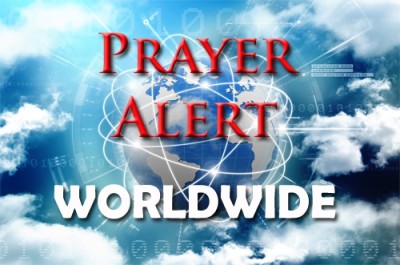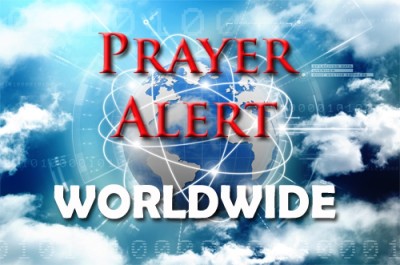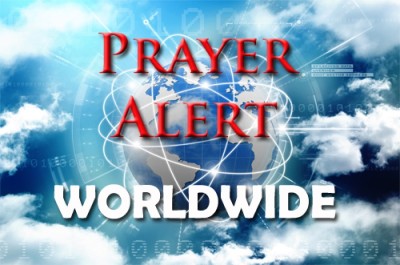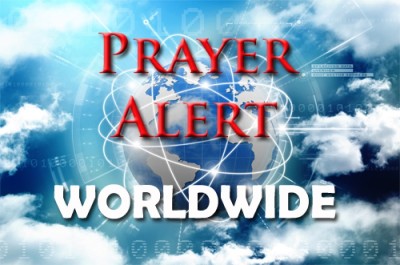Author and campaigner Laura Bates has warned MPs that deepfake pornography is fast becoming "the next sexual violence epidemic" affecting schools in the UK. Speaking to the Women and Equalities Committee, Bates criticised schools for prioritising reputation management—often by hiring expensive PR firms—over supporting victims or disciplining perpetrators. Deepfake content, typically generated using AI to create realistic but fake sexually explicit images or videos, is impacting both female pupils and teachers. Although it is illegal to create or share sexualised deepfakes of children, the technology itself remains legal and accessible, even to minors. Bates called for urgent statutory guidance for educators, as well as broader regulation, education, and preventative measures to stop the proliferation of such tools. The session forms part of a wider inquiry into online misogyny, including the rise of the "manosphere" and AI-based sex technology, which MPs say is radicalising young men and fueling abuse. There are increasing calls to ban “nudifying apps” and address growing harassment and harm towards women and girls in educational settings and beyond.
On the day Russia launched its full-scale invasion of Ukraine in 2022, Deputy Minister Oleksandr Bornyakov was caught in a firefight in Kyiv. Despite the chaos of war, Bornyakov and his team pressed forward with Ukraine’s ambitious digital transformation project: the Diia app. Launched in 2019, Diia enables citizens to access over forty government services and thirty personal documents - from tax payments to voting in Eurovision - directly from their mobile phones. A web portal adds access to 130 services. Now serving over 22 million users, Diia is considered one of the world’s most advanced digital government services. Its success stems from Ukraine’s large, affordable tech workforce and the foundational development of a centralised data exchange. The urgency of war accelerated innovation, enabling the swift rollout of wartime tools like damage compensation and troop reporting. Looking ahead, Ukraine plans to incorporate AI to make services even more seamless, but experts advise caution about this.
Entrepreneur Fariba Vancor has been sentenced to six years in prison in what is considered Sweden’s largest environmental crime case. As CEO of the waste company Think Pink, Vancor oversaw the illegal dumping of hundreds of thousands of tonnes of toxic waste across nineteen sites. The court found that Think Pink, which was contracted by municipalities and private clients to manage waste, instead abandoned dangerous materials including PCBs, mercury, lead, and arsenic - threatening air, water, and soil quality. The judge described the company as operating like a pyramid scheme, with criminal negligence causing widespread environmental damage. Out of eleven individuals tried, ten were convicted: five received prison sentences and were ordered to pay approximately £19 million in damages. The case, which required years of investigation and 150 witnesses, resulted in a verdict nearly 700 pages long. Vancor has denied wrongdoing and may appeal.
President Donald Trump has said he will decide “within two weeks” whether the United States will become directly involved in the escalating tensions between Israel and Iran. His press secretary, Karoline Leavitt, cited the possibility of upcoming negotiations with Iran as a reason for delaying immediate action. Trump has often used two-week deadlines in past political decisions, many of which passed without resolution. While the administration is maintaining “strategic ambiguity,” it has reiterated concerns that Iran is closer than ever to developing a nuclear weapon - despite intelligence suggesting otherwise. New satellite imagery has confirmed significant damage to Iran’s nuclear reactor at Arak, intensifying global concern. The US remains publicly non-committal, with Leavitt declining to address hypotheticals about potential strikes or regime change. Diplomacy may yet gain ground as European and American officials pursue back-channel discussions with Tehran. However, Trump’s unpredictability has left many allies uncertain, and the global community is watching closely for any sudden shift in American policy toward military engagement.
In Chemmani, near Jaffna, police are now guarding the site of a newly unearthed mass grave, where so far 19 bodies (including three infants) have been discovered. This grim finding has reopened deep wounds for the Tamil community, long scarred by the brutal 26-year civil war. Allegations persist of mass killings and forced disappearances by the state; Amnesty International estimates up to 100,000 disappearances since the 1980s. Chemmani holds particular significance due to the 1996 rape and murder of schoolgirl Krishanthi Kumaraswamy, which led to the first meniton of mass graves in the area. Archaeologist Raj Somadeva, leading the excavation, says that less than 40% of the site has been examined; more graves may exist. Tamil families, desperate for justice, are actively supporting the investigation. It is hoped that the discovery of mass graves like the one found in Chemmani could finally bring closure for them.
On 15 June Catholics in Goma and across the Congo rejoiced as Floribèrt Bwana Chui Bin Kositi, a Congolese customs official, was beatified by Pope Leo XIV in Rome. Kositi was kidnapped and killed in 2007 after bravely refusing a bribe to allow rancid rice from Rwanda into the country - food which would have harmed vulnerable citizens. At just 26, he chose integrity over self-preservation, knowing the dangers of rejecting corruption. His family and community marked this occasion with pride, viewing his recognition as a powerful symbol of justice and moral courage. Local diocese leaders and churchgoers held prayer sessions and celebrations in Goma, where posters and commemorative cloths featuring his image honoured his legacy. Célestin Kanyabiriri, who led the beatification events locally, called Kositi’s example a divine call for financial honesty and spiritual integrity. Many regard him as a national hero and a martyr who upheld truth even to death.
In a northern region of Brazil known as the Equatorial Margin, where the Amazon River meets the Atlantic, a major environmental and political debate is unfolding. After researching the possibility of offshore oil reserves, the government decided to hold auctions to sell exploration rights in this area. President Lula da Silva, known for his environmental pledges, including a promise of ‘zero deforestation’ in 2023, now supports allowing drilling ‘to fund our energy transition’ and bolster the economy. Critics argue this contradicts his public stance and undermines Brazil’s credibility as it prepares to host COP30. Environmental organisations and even the federal prosecutor’s office challenged the oil auctions, citing inadequate environmental reviews and community consultation. Despite their efforts, they went ahead, with major corporations like Chevron and Petrobras securing exploration rights. Brazil’s environmental agency had initially rejected drilling permits, but its decision was overruled by its own director under government pressure. The outcome reflects Brazil’s struggle to reconcile economic needs with ecological stewardship.
Australia: vital defence pact under threat
20 Jun 2025The critical Aukus defence pact, agreed by Australia in 2021 with the USA and UK, to acquire nuclear-powered submarines, faces uncertainty as Donald Trump’s administration reviews its alignment with the ‘America First’ agenda. Valued at over $230 billion, Aukus promises Australia a strategic leap in military capability. However, some US officials are sceptical about the value of sharing its premier defence technology, and have cast doubt on allies ‘pulling their weight’. Australia's leaders are publicly calm, but anxieties are growing. Some warn that the deal was always fragile, while others urge Australia to reassess its dependence on the USA. With the Pentagon citing domestic submarine shortages and economic priorities, questions loom over whether Australia will ever receive the promised Virginia-class subs. Despite the turbulence, the alliance's strategic value in countering China remains. Experts argue that Australia could still defend itself independently, given its geography and resources, but emotional ties to the USA and fear of abandonment persist in national defence thinking.
